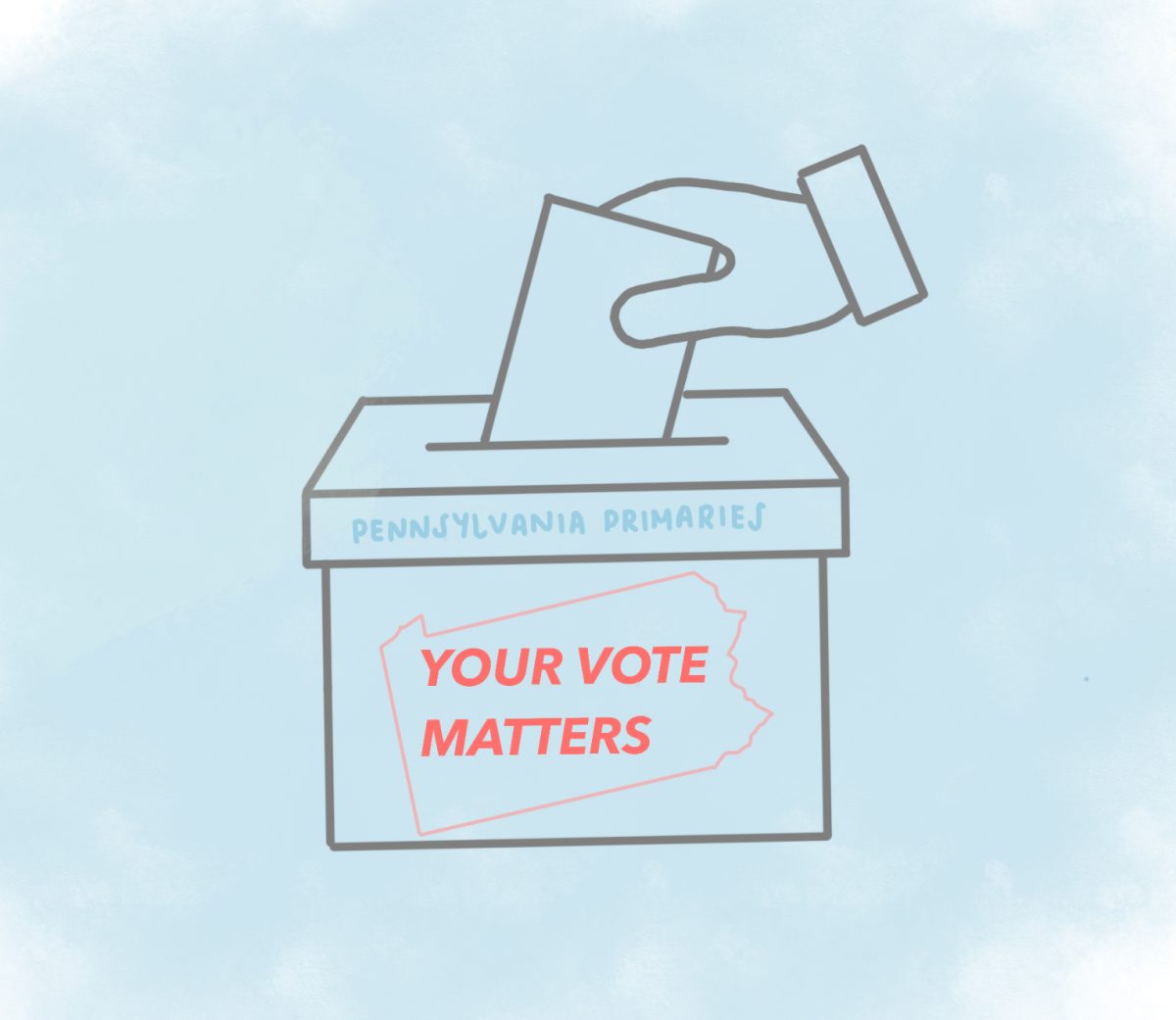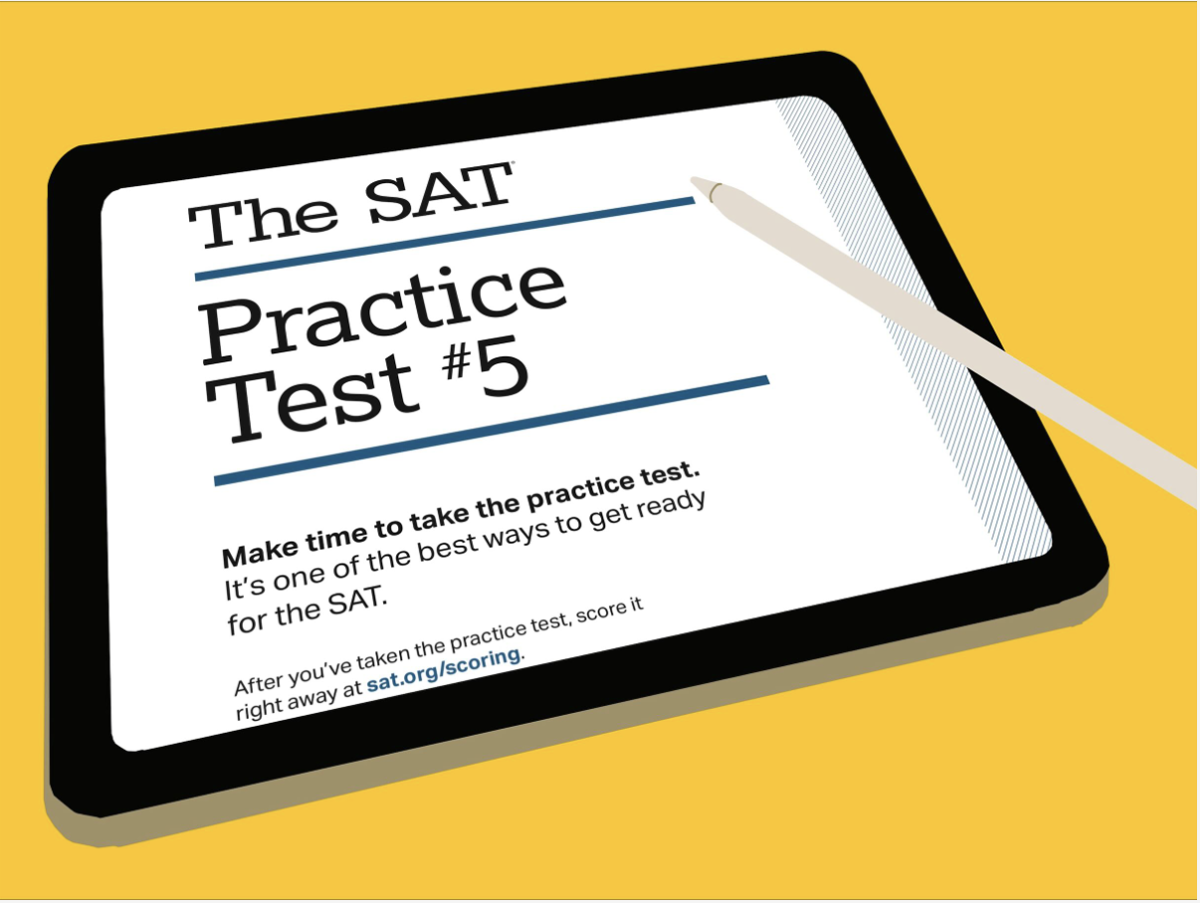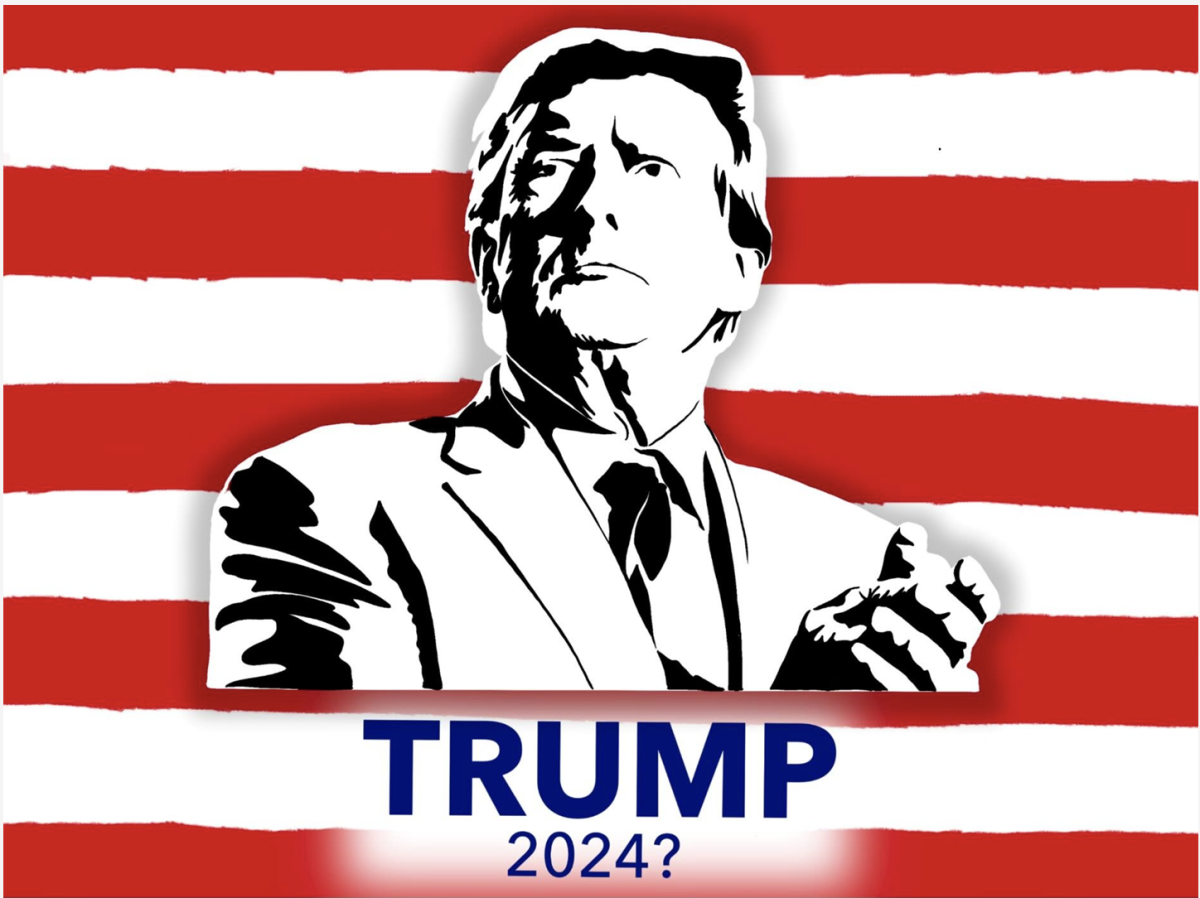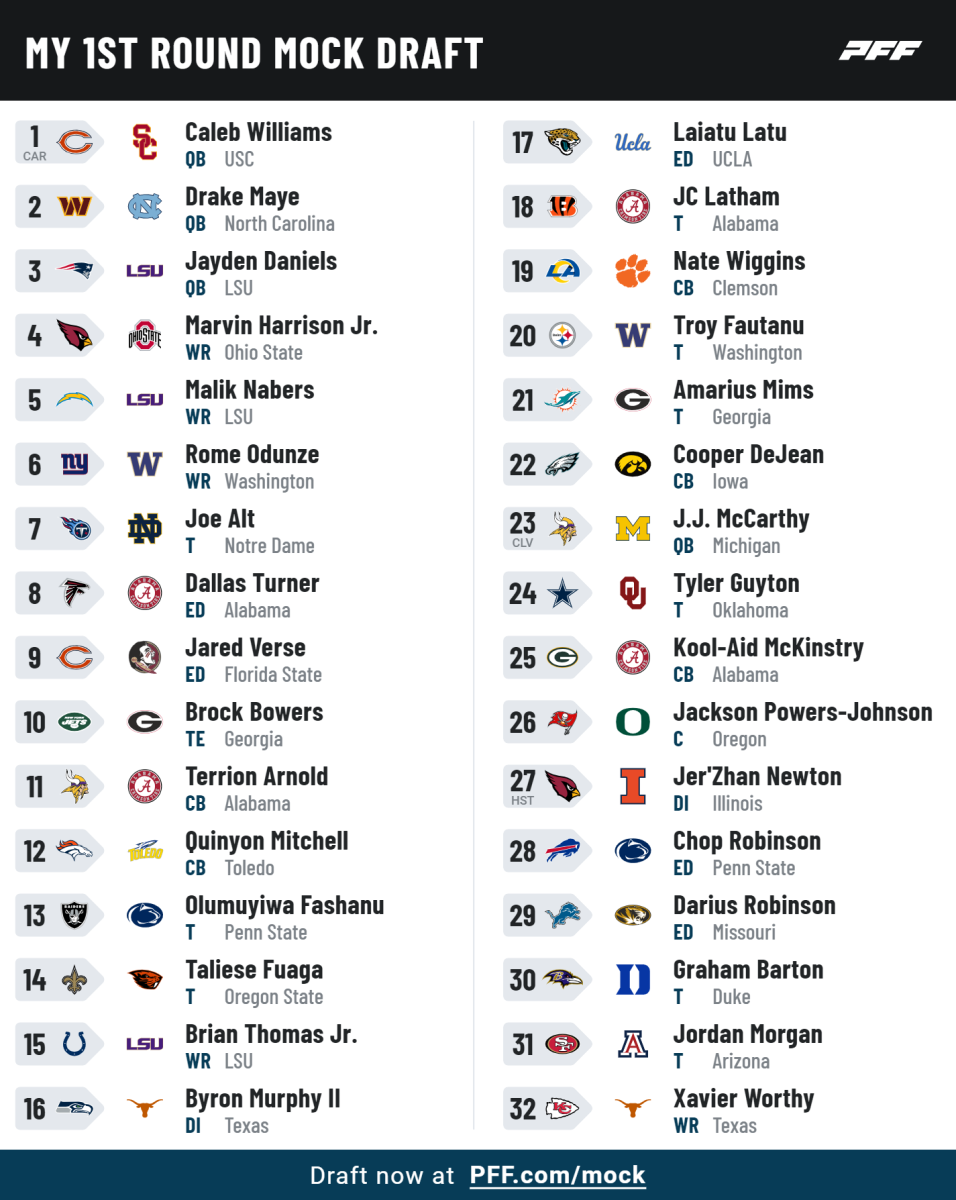What Is: Electoral College?
As results come in, all eyes are on 270. As a state emerges blue or red, their designated electors will consequently vote blue or red within the Electoral College. For a running candidate to win, they must achieve 270 electoral votes, but because there is a wide range for electors in each state, a candidate could win several states such as Rhode Island, Wyoming, Idaho, Nebraska, but not even earn as many votes as a candidate who wins the state of Texas alone. The United States has long operated under the voted choices of its citizens; however, determining the next president of the United States always involves the Electoral College.
The main role of the Electoral College, as laid out in the Constitution, is to balance the power of low-population states versus high-population states in deciding the outcome of an election.
Consisting of 538 members, the Electoral College is a composition of designated representatives of each state. Electors are voted upon every four years in the spring and summer approaching an election year. The number of representatives for each state varies depending on the specific population, and this appointed number can also change over time, to account for fluctuations in state populations. The college operates under a winner-take-all system. Unlike countries who have a direct popular vote, U.S. citizens don’t vote for their president directly but instead vote for electors who vote for the president.
There has long been controversy over the Electoral College’s effectiveness for elections, especially in recent decades. As seen in the 2016 election, the most recent example of this occurrence, its role in our elections allows for a president to be elected even if they lose the popular vote. In 2016, President Donald Trump won with 304 electoral votes but lost to former Secretary of State Hillary Clinton in the popular vote. Many are concerned that continuing to use the Electoral College would mean the outcome of each election would essentially be in control of a few swing states with large numbers of representatives. Furthermore, only 30 out of the 50 states have passed laws binding electors to vote in accordance to their state popular vote. If broken, the penalty is only a fine. This places power in the hands of electors and makes the election subject to the electors’ personal political choices.
The Electoral College’s influence on every election is prominent, and we can only expect the same for 2020.
Related Articles




























